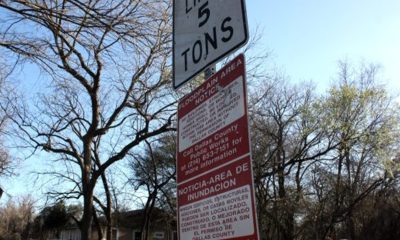Housing
Rep. Barbara Lee Seeks Funds to Increase Affordable Housing, Combat Homelessness
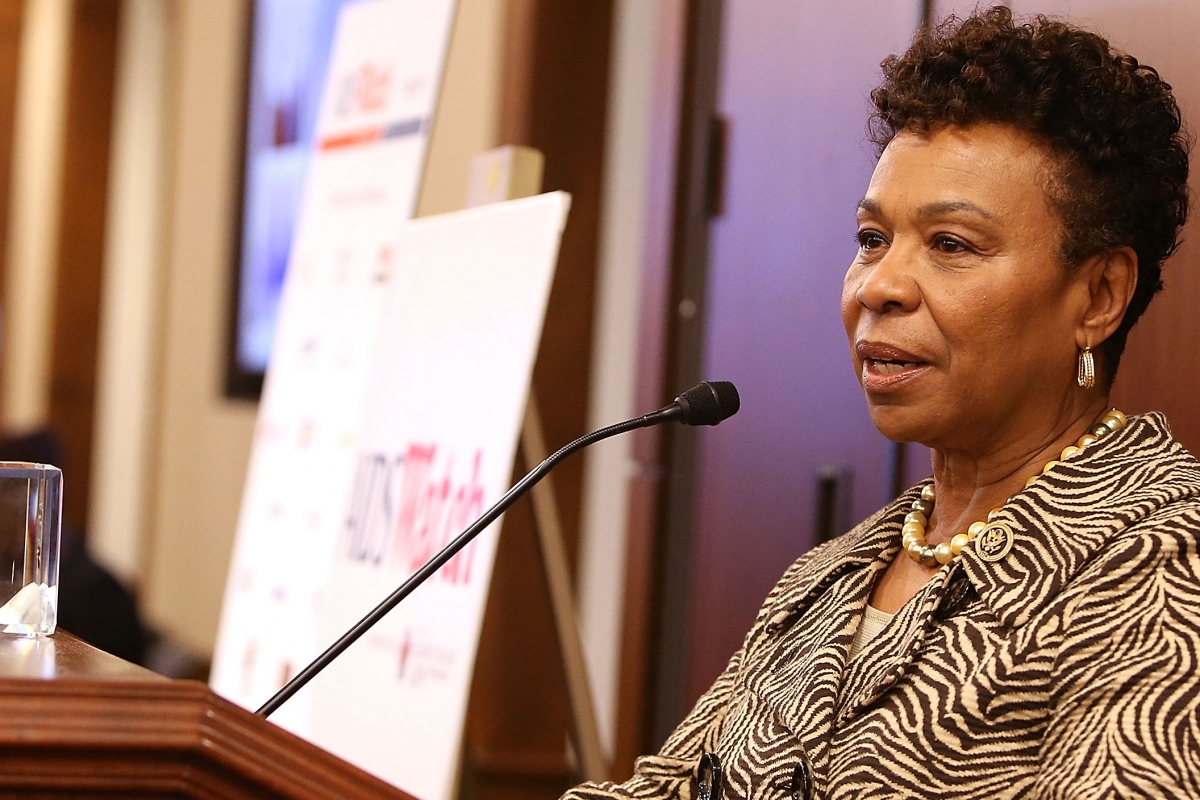
This week, Congresswoman Barbara Lee introduced a set of amendments to the FY 2018 Transportation, Housing and Urban Development Appropriations bill, seeking to increase federal funding for affordable housing programs to assist low-income families and support the fight to end homelessness.
Congresswoman Lee introduced two amendments that would invest millions in funding toward preserving affordable housing programs. To bolster the HOME Investment Program, she fought for a $350 million increase to the program which helps homeowners, renters, and tenants do much needed repairs, construct affordable homes, and support housing for the homeless and people living with disabilities.
Additionally, she sought $140 million in federal funding to assist Public Housing Authorities across the nation with administration of housing vouchers on a timely basis.
“Housing is a human right,” said Congresswoman Lee. “Every American deserves access to safe and affordable housing.”
Withdrawing funding from programs like HOME while underfunding Public Housing Authorities devastates millions of low-income families struggling to make ends meet,” she said. “As American families continue to seek affordable housing, Congress should be assisting them, not constructing new barriers to their success.”
With more than half a million homeless Americans, including more than 118,000 Californians, Congresswoman Lee introduced an amendment to restore funding for the US Interagency Council on Homelessness (USICH), which has worked with federal, state and local officials to produce a coordinated strategy to end homelessness in the United States.
“Homelessness is a complex and multi-faceted issue that demands a comprehensive federal strategy to aid those in need. The Council is the only agency whose stated mission is to end homelessness once and for all,” said Congresswoman Lee. “We simply cannot afford to shudder an agency that is critical in the fight to ensure that every American has a roof over their heads.”
Community
Financial Assistance Bill for Descendants of Enslaved Persons to Help Them Purchase, Own, or Maintain a Home
California Legislative Black Caucus (CLBC) vice chair Sen. Steven Bradford (D-Inglewood) introduced new legislation related to reparations to the Senate Committee on Housing on April 2 in Sacramento. Senate Bill (SB) 1007, “establishes the Homeowner’s Assistance for Descendants of Enslaved Persons Program to make financial aid or assistance available to descendants for the purposes of purchasing, owning, or maintaining a home,” the legislation states.
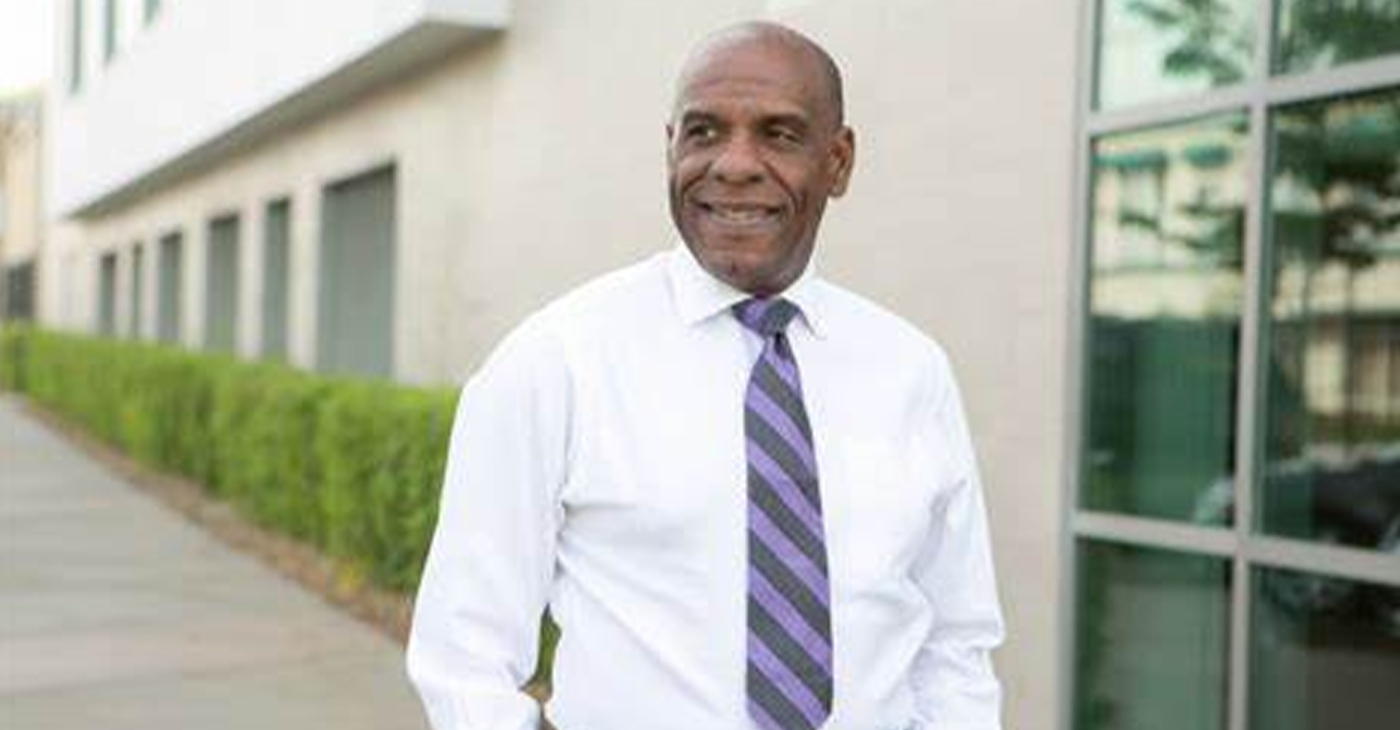
California Legislative Black Caucus (CLBC) vice chair Sen. Steven Bradford (D-Inglewood) introduced new legislation related to reparations to the Senate Committee on Housing on April 2 in Sacramento.
Senate Bill (SB) 1007, “establishes the Homeowner’s Assistance for Descendants of Enslaved Persons Program to make financial aid or assistance available to descendants for the purposes of purchasing, owning, or maintaining a home,” the legislation states.
The Senate Housing Committee advanced the bill with an 8-1 vote. It will be re-referred to the Appropriations Committee for consideration.
Sen. Kelly Seyarto (R-Murrieta) was the only member who voted against the bill.
“SB 1007 is about starting a long process of paying back a debt that is not only owed, but that was also promised, and is 160 years overdue, to African Americans,” Bradford told the committee chaired by Sen. Nancy Skinner (D-Berkeley). “It is the first step in closing the wealth and equity gap created by centuries of slavery and racial discrimination policies.”
The bill aligns with one of the 115 recommendations listed in a two-year study conducted by the California reparations task force, of which Bradford was one of nine members.
Bradford said the report reveals that, in the state of California, a typical Black-owned home is 22% less valuable than a White-owned home.
Various advocacy groups from around the state attended the hearing held at the State Capitol Annex Swing Space. The California Housing Partnership, Bay Area Regional Health and Inequities Initiative, Coalition for A Just and Equitable California, Disability Rights of California, the American Civil Liberties Union of California, and California Community Builders all voiced their support of the bill.
Community
The Year Ahead: Assembly Speaker Rivas Discusses Priorities, Problems
Assembly Speaker Robert Rivas shared his legislative priorities and vision for the future of California during a luncheon hosted by the Public Policy Institute of California (PPIC) in downtown Sacramento.
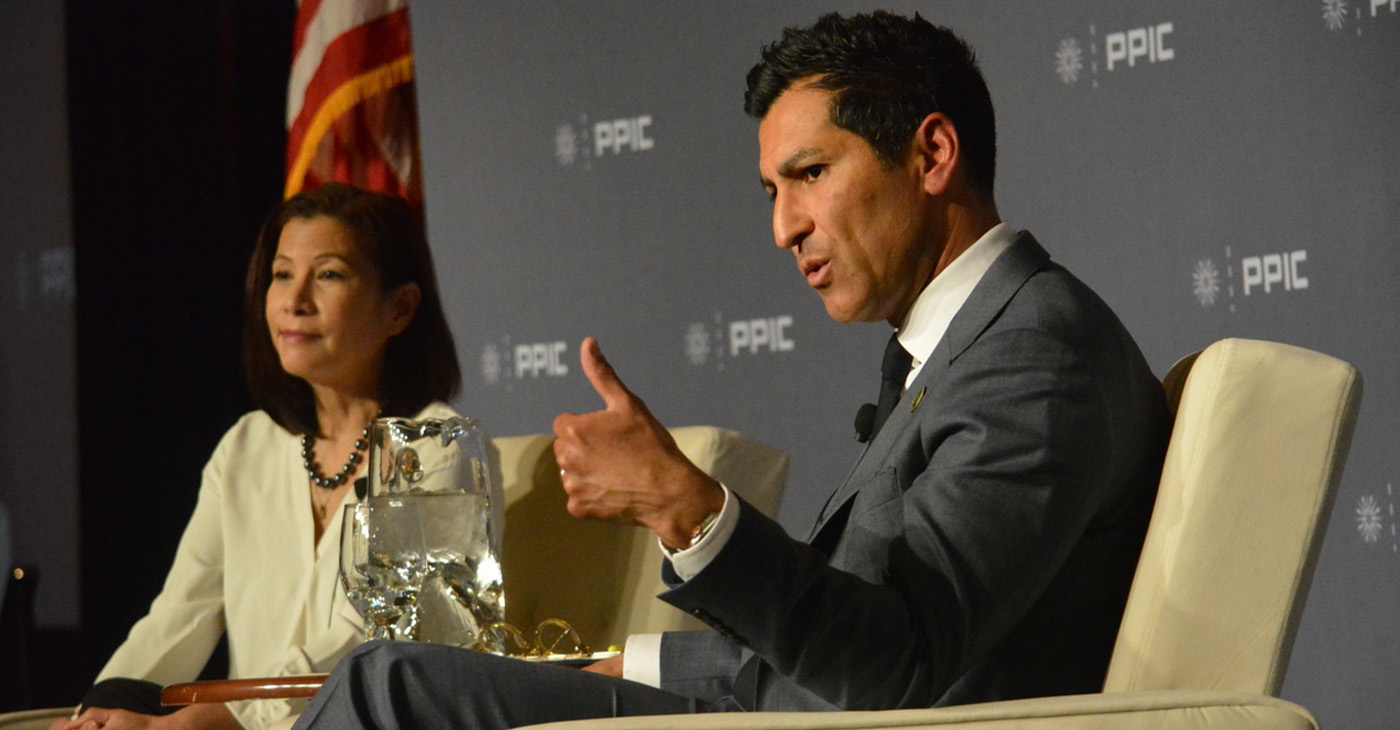
By Antonio Ray Harvey, California Black Media
Assembly Speaker Robert Rivas shared his legislative priorities and vision for the future of California during a luncheon hosted by the Public Policy Institute of California (PPIC) in downtown Sacramento.
Titled a “Conversation with Assembly Speaker Robert Rivas” for PPIC’s 2024 Speaker Series on California’s Future, the 44-year-old Democrat lawmaker from Hollister, who represents the 29th Assembly District, is the 71st speaker of the Assembly.
The discussion at the Sheraton Hotel took place about two weeks after Gov. Gavin Newsom presented his $291 Billion January budget proposal.
“These are going to be difficult times,” Rivas said of the task of balancing a budget that has been estimated separately by the Department of Finance and Legislative Analyst’s Office to have a deficit between $38 billion and $68 billion. “It’s going to underpin everything we get done this year. It’s going to impact everything.”
PPIC’s Speaker Series on California’s Future allows “leaders, lawmakers, and changemakers with diverse perspectives to participate critically, constructively, and collaboratively in public conversations,” according to PPIC.
PPIC president and Chief Executive Officer Tani Cantil-Sakauye was the moderator of the 60-minute discussion that about 200 guests attended.
Rivas said right after he was sworn in as the Assembly leader that among his top priorities are mental and medical wellness, public safety, affordable housing, homelessness, education, the state’s entry-level scientists’ wages, and climate change.
He added that his goal is to focus on both urban and rural areas across the state, including improving public services and infrastructure. He explained that wildfires, flooding, droughts, and agriculture productivity are additional concerns.
Rivas shared that legislators should have goals of “addressing critical issues” that lead to “progress, affordability, and improving day-to-day” quality of life for all residents in California.
“These issues are consistent across the state. I prioritize no region over the other,” Rivas told Cantil-Sakauye, the former chief justice of the California Supreme Court.
During the question-and-answer portion of the conversation, Michael L. Younger, the Vice President of Workforce, Strategy, and Innovation at Calbright College asked Rivas about how the state can help individuals with workforce training and achieve labor success without relying on traditional colleges and university.
“(I am) speaking to those who may not see themselves on the college track but also have value to society,” Younger asked Rivas.
In his response, Rivas said the labor force needs individuals with work training skills, especially with the rise and usage of artificial intelligence.
“The need to have that transition can’t come soon enough but at the same time we have a responsibility to train displaced workers,” Rivas said.
Carmen-Nicole Cox, director of Government Affairs for American Civil Liberties Union – California Action, asked the Speaker would he accept the “community’s invitation” to take a public health approach to addressing public safety rather than one that criminalizes, demoralizes and focuses on incarceration.
Rivas responded to Cox’s question by explaining that an impartial evaluation of public safety should be made initially before providing a resolution.
“Our approach to addressing public safety is to, first, listen, to be fair throughout our process and to find solutions. Does that include addressing public health? Absolutely,” he said.
California Black Media
Report: Black Homeownership in Calif. for 25-35-Year-Olds Has Fallen by More than 50%
A report released last week by the California Community Builders Association (CBCA) presented a grim picture of home ownership for middle income Black Californians and other minorities. The report, titled “California’s Missing Middle,” revealed that the rate of homeownership for Black Californians ages 25 through 35 dropped by more than half — from 50% to 23% over a four-decade period, beginning in 1980 through 2021.
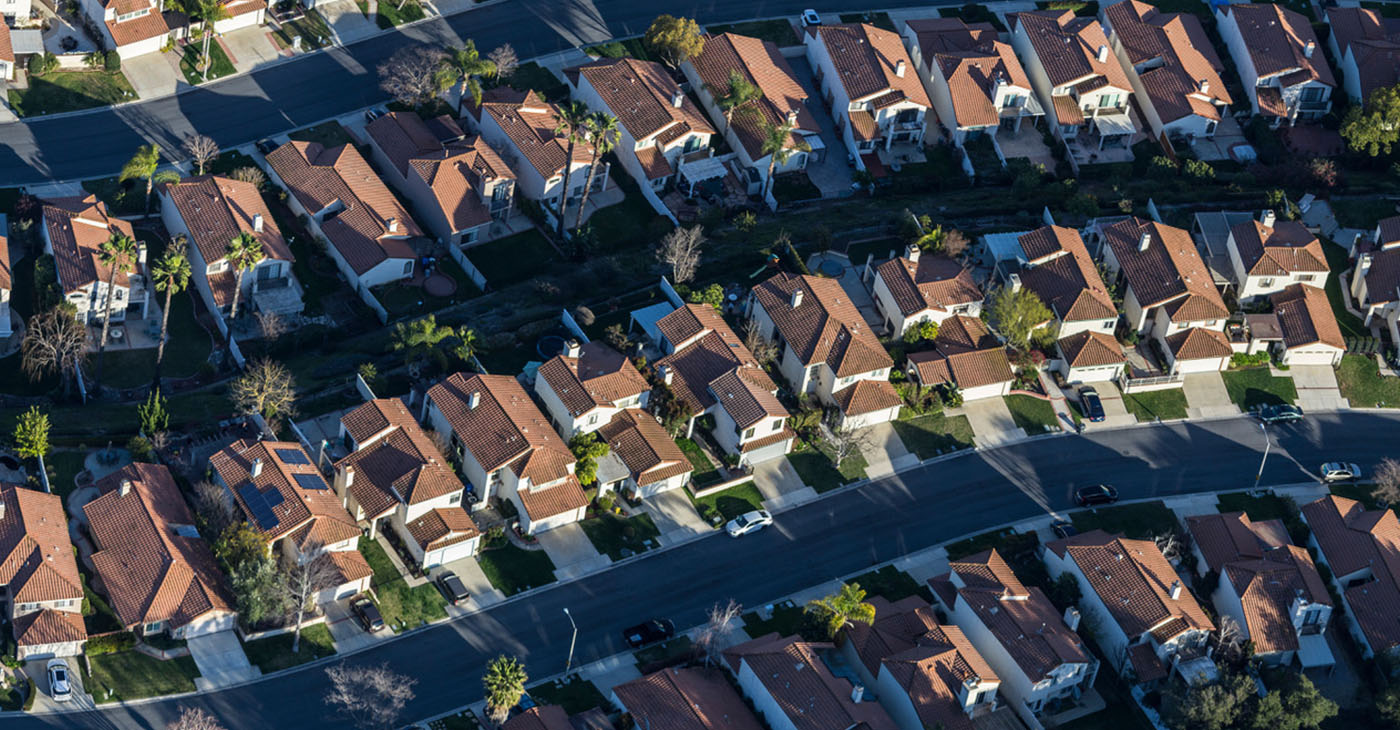
By California Black Media
A report released last week by the California Community Builders Association (CBCA) presented a grim picture of home ownership for middle income Black Californians and other minorities.
The report, titled “California’s Missing Middle,” revealed that the rate of homeownership for Black Californians ages 25 through 35 dropped by more than half — from 50% to 23% over a four-decade period, beginning in 1980 through 2021.
During that same period, the rate of homeownership for Latinos also fell significantly — by 22 percentage points, from 52% to 30%.
According to CBCA, the study is based on Census data. It focuses on middle-income Californians because there are rapid shifts happening among that demographic and that sub-group gets the least attention in conversations about homelessness and housing affordability.
“Middle-income California is shrinking, and the drop is all in the lower-middle-income group, from 6.7 million in 2000 to 4.3 million in 2019, a staggering 35% drop,” reads a CBCA press release.
Middle-income Californians also receive the least amount of government funded subsidies aimed at making housing more affordable in the state.
“We have no idea whether these people left the state or changed income brackets. In fact, we know little about the demographics and housing challenges of this group, but the ‘shrinking middle class’ looks real. Knowledge gaps create policy gaps, and we have both,” the CBCA press release continued.
Among key findings in the study are nearly 60% of middle-income Californians are people of color and California housing prices have increased eight times as much as California incomes.
The report recommends that the state create a housing policy that considers the needs of middle-income Californians. The majority of them, according to CCBA, earn too little money to compete in the housing market, yet their income is too high to qualify for income-based subsidies.
“Today, the needs of low-income families are often the primary source of discussion when it comes to housing policy and housing subsidy,” the report reads. “CCB agrees with this perspective and believes low-income families need far greater support than they receive today, but we also believe that the 17 million middle-income Californians also need care and attention, as our current housing market regularly fails them.”
-

 Activism4 weeks ago
Activism4 weeks agoOakland Post: Week of March 20 – 26, 2024
-

 #NNPA BlackPress3 weeks ago
#NNPA BlackPress3 weeks agoCOMMENTARY: D.C. Crime Bill Fails to Address Root Causes of Violence and Incarceration
-

 #NNPA BlackPress3 weeks ago
#NNPA BlackPress3 weeks agoMayor, City Council President React to May 31 Closing of Birmingham-Southern College
-

 #NNPA BlackPress3 weeks ago
#NNPA BlackPress3 weeks agoCOMMENTARY: Lady Day and The Lights!
-

 #NNPA BlackPress3 weeks ago
#NNPA BlackPress3 weeks agoFrom Raids to Revelations: The Dark Turn in Sean ‘Diddy’ Combs’ Saga
-

 #NNPA BlackPress3 weeks ago
#NNPA BlackPress3 weeks agoBaltimore Key Bridge Catastrophe: A City’s Heartbreak and a Nation’s Alarm
-

 #NNPA BlackPress3 weeks ago
#NNPA BlackPress3 weeks agoBaltimore’s Key Bridge Struck by Ship, Collapses into Water
-

 Activism3 weeks ago
Activism3 weeks agoOakland Post: Week of March 27 – April 2, 2024









